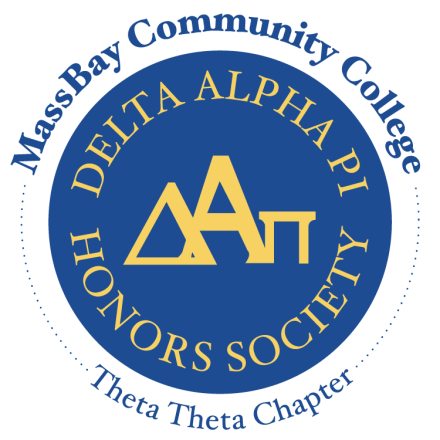Purpose:
Because of the negative stereotyping associated with disability, students have been reluctant to identify themselves publicly. Delta Alpha Pi presents an opportunity to change that perception by recognizing students with disabilities for their academic accomplishments. Delta Alpha Pi is an academic honor society founded to recognize high-achieving students with disabilities who are attending colleges (including community colleges) and universities as undergraduate or graduate students. Over 170 institutions have established a chapter to recognize students’ academic achievement.
By their open acknowledgement of their disability, they serve as role models for other students with disabilities and advance the goals of Delta Alpha Pi on their campuses and in the community. In addition, this honor society facilitates development of leadership, advocacy, and education for participating students. Students are also eligible for scholarships through Delta Alpha Pi.
Questions?
Please reach out to the Advisor, Lisa Armstrong Smith: larmstrongsmith@massbay.edu or call 781-239-2234.

